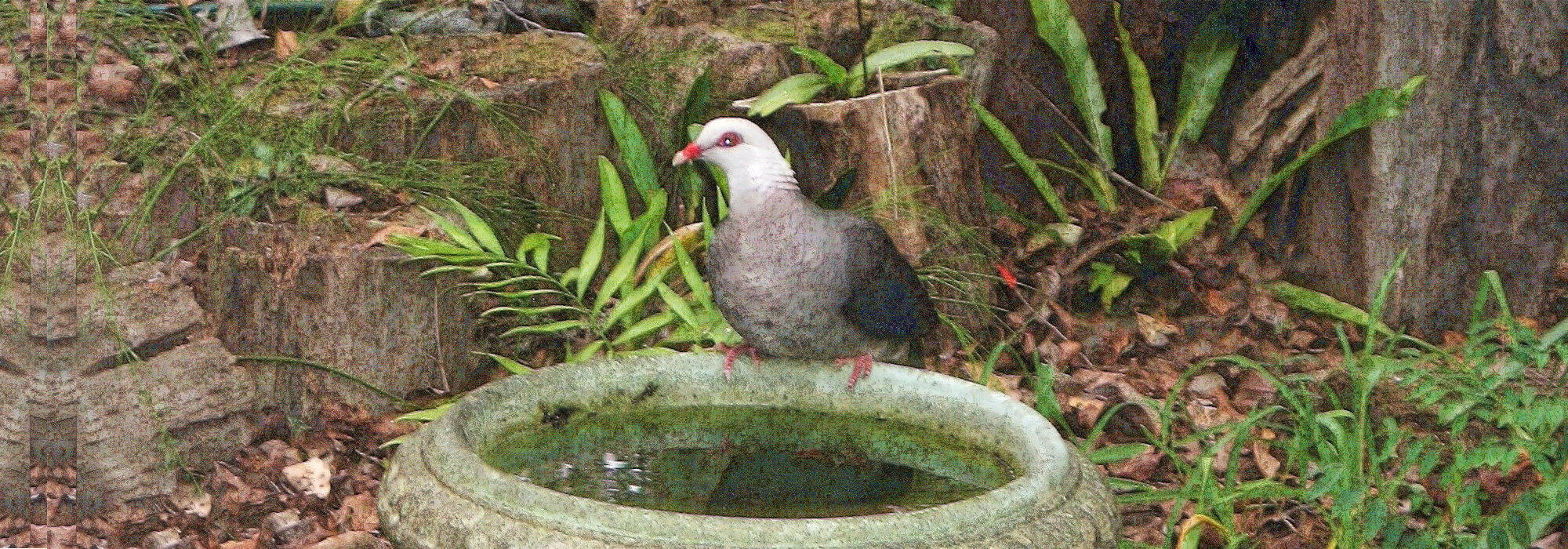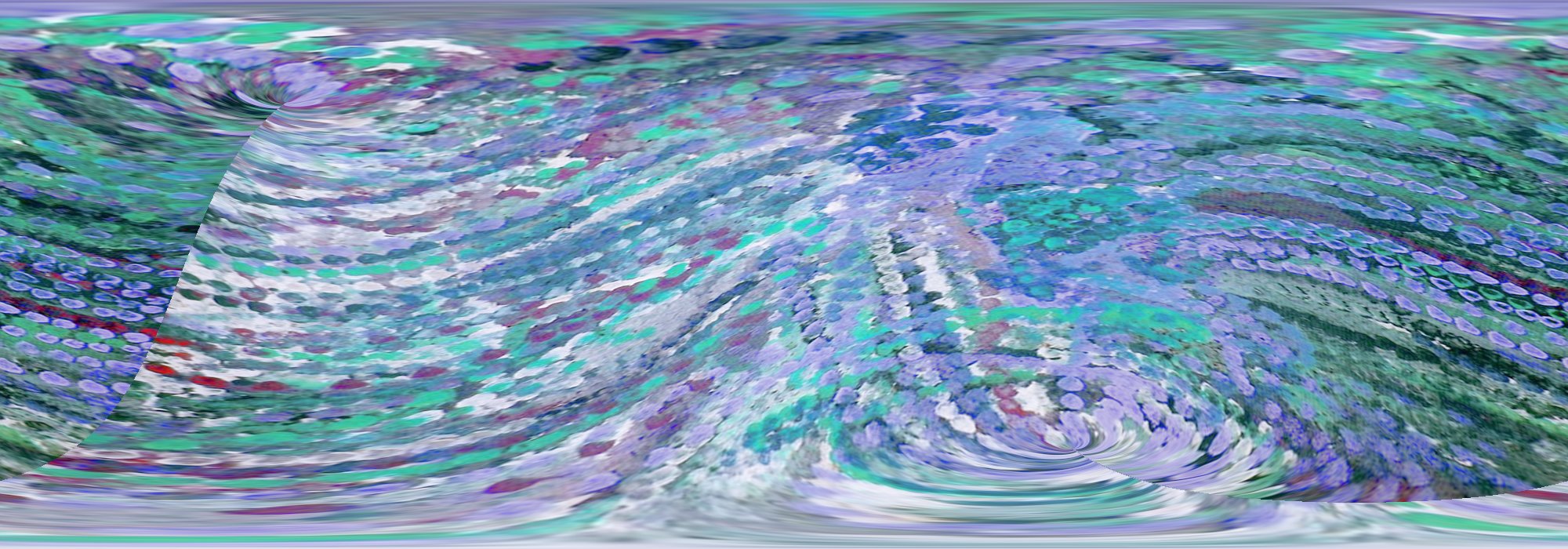Erdogan sticks to his guns:
“We have said: An apology will be made, compensation will be paid and the blockade on Palestine will be lifted. There will be no normalization without these,” he said in a public address on Sunday. “Normalization will happen the moment there is an implementation. But if there is no implementation, then I am sorry.”
Netanyahu attempts to claim that Israel has relaxed its blockade on the people of Gaza:
During Friday’s conversation between the two leaders, Netanyahu said Israel had substantially lifted the restrictions on the entry of civilian goods into Gaza and the Palestinian territories and this would continue as long as “calm prevailed.”
But Israeli military officials have taken to punishing Gaza residents for breaches of a November truce. Since Thursday, in response to militant rocket fire from the territory, all movement through a civilian crossing between Gaza and Israel was cancelled, except for humanitarian cases. Gaza fishermen had their permitted fishing territory restricted and a commercial goods crossing was shut down, according to Israeli rights group, Gisha.
Yet it has been Israel who has been breaching the ceasefire most significantly.
Human rights organisations have revealed that Israel has breached its ceasefire agreement with the Palestinians on more than 800 occasions since it was signed last November. In stark contrast, the Palestinians have broken the truce just twice.
Data based on reports produced by the United Nations, the Israeli Legal Centre for Freedom of Movement (GISHA) and the Palestinian Centre for Human Rights, as well as Israeli and Palestinian media outlets, found that the three months old ceasefire is not being taken seriously by the Israeli occupation authorities.
According to the data sources, four Palestinian civilians have been killed in the Gaza Strip since November and 91 have been wounded. In the West Bank, meanwhile, six Palestinians have been killed by Israel, with 618 wounded.
A breakdown of the statistics shows that 63 attacks and 13 incursions were carried out by the Israelis in several areas of the Gaza Strip. Israel detained nine people from Gaza during the incursions.
At sea off the Gaza coast, the Israeli navy has carried out 30 attacks on fishing boats belonging to Palestinian fishermen, resulting in several casualties. Thirty-nine fishermen were detained by Israel, including two children. Ten fishing boats were shot at, with 8 being damaged significantly. British Members of Parliament visiting the Gaza Strip last week at the invitation of London-based charity Interpal witnessed Israeli gunboats attacking Palestinian fishing boats well within the 6-mile limit agreed as part of the ceasefire deal.
Palestinians in Gaza launched just two mortar shells in the same period, causing little or no damage in Israel. The human rights groups say that no rockets were fired from Gaza during the three month period covered by the survey, from November 22, 2012 to February 22, 2013.
Further:
“Three months have passed since the ceasefire that brought an end to Israel’s eight-day attack on the Gaza Strip known as Operation “Pillar of Defence”. This infographic depicts the number of attacks on the Gaza Strip by the Israeli military during this three-month period, as well as the number of Palestinian attacks emanating from Gaza. Since late November, Israeli attacks on the Gaza Strip have averaged over one a day, everyday. These include shootings by troops positioned along the border fence, attacks on fishermen working off the Gaza coast, and incursions by the Israeli army.
This data is important for three reasons. First, it is a response to the Western media’s failure to cover the vast majority of Israeli attacks. This fits with a familiar and disturbing pattern, where a regional “period of calm” is exclusively defined in terms of attacks on Israelis. “Calm” from this perspective means security for Israelis – but more dead and injured Palestinians.”
In fact, despite its ‘assurances’ to Turkey, Israel has been intensifying its collective punishment of and siege on the people of Gaza:
Amid assurances to Turkey by Israeli Prime Minister Benjamin Netanyahu of easing Gaza access, Israel has tightened restrictions on the movement of people and goods into and out of Gaza, as part of what appears to be a new policy of openly blocking civilian access in direct response to fire by combatants. Gisha-Legal Center for Freedom of Movement sent an urgent letter today to the new defense minister, Moshe Yaalon, demanding that the new restrictions be lifted.
Since Thursday, Gaza’s only goods crossing has been closed, and travel by Palestinians into and out of Gaza through Israel has been blocked, except for medical patients and other exceptional cases. Israel also reduced the fishing zone off the coast of Gaza from six to three nautical miles. The restrictions came after militants from Gaza Thursday fired rockets at civilian population centers in southern Israel.
The attacks on Gazan fishermen by Israel have been particularly devastating:
In the years since 1994, the area in which Israel allows Palestinian fishermen to fish has been gradually reduced from the 20 nautical miles provided for under the Oslo Accords to 3 nautical miles in 2009 as part of a naval blockade imposed through the use of live fire, harassment, and unlawful arrests and arbitrary detention. The severely limited fishing area, combined with a near total ban on exports, has brought Gaza’s fishing industry to the brink of collapse, bringing the number of working fishermen from approximately 10,000 in 1999 to less than 3,200 today.
Under the November 2012 ceasefire between the Israeli and Palestinian authorities, the fishing limit was supposedly extended to six nautical miles. Fishermen began to sail further out to sea, resulting in somewhat greater yields of fish. However, attacks against fishermen continued, even within the previous three mile limit. Between 22 November 2012 and 28 February 2013, there have been 41 shooting incidents, resulting in 4 injuries. In addition, 42 fishermen have been detained in 11 arrest incidents. Furthermore, 8 boats have been damaged, and 8 boats have been confiscated.
In an online statement on 25 February 2013 the Israeli Coordinator of Government Activities in the Territories (COGAT) declared that fishermen could now access the sea up to six nautical miles offshore, and that farmers could now access lands in the border area up to 100m from the border fence. However, both references have since been removed from the statement.[1]
Now, Israel has reduced the nautical limit for fishing from 6 miles to 3 miles, thus ratcheting up the blockade.
Under the Oslo Agreements, the fishing range was 20 nautical miles (approximately 37 km). However, over the years, the Israeli military gradually reduced this range, severely damaging the livelihood of thousands of families and the availability of this basic and inexpensive food in the markets, which had served as a significant nutritional source.
Following Operation Pillar of Defense, Israeli expanded the range from three to six miles, which somewhat improved the situation. The decision to once again reduce the fishing range in response to missile fire by armed groups constitutes collective punishment imposed on fishermen for the actions of others. Article 33 in the Fourth Geneva Convention forbids collective punishment and states that a person must not be punished for an act that he or she did not commit. It is Israel’s duty to protect its borders and its citizens and to act to neutralize a threat when it arises, but this cannot justify the harsh damage to fishermen who have done nothing wrong.
This story in Today’s Zaman contradicts the above, saying Israel has agreed to easing the blockade.
Following the apology deal between Israel and Turkey, Israel started to allow needed goods into Gaza on Monday, Israel Defense Ministry spokesperson Emira Oron said, but did not elaborate on the specific items.
In order to mend ties, Ankara had three demands for Tel Aviv: an official apology from Israel for the Mavi Marmara raid; reparations for the families of the passengers killed on the ship and the lifting of the blockade on Gaza.
On Friday, Israeli Prime Minister Benjamin Netanyahu offered an apology to Turkey for the raid, ending a deep crisis in ties between the two former allies. After the announcement, Prime Minister Erdo?an, who welcomed the apology, said Israel had met Turkey’s demands in apologizing for the killings, paying compensation to their families and easing the blockade, all in line with Turkish expectations.
Hurriyet reports:
Israel issued a formal apology to Turkey and agreed to pay compensation over the Mavi Marmara killings of 2010 on March 22 after a phone conversation between the two countries’ premiers, Benjamin Netanyahu and Recep Tayyip Erdo?an, that was brokered by U.S. President Barack Obama.
Turkey accepted Israel’s apology, sources from the Prime Ministry confirmed, underlining that Israel had also agreed to ease its blockade on Gaza.
Yesterday, Monday 25 March, following Erdogan’s clarification, “Israeli authorities kept the Kerem Shalom crossing closed for a fifth day on Monday, after imposing a closure last week following rocket fire from Gaza.
Israel closed the Gaza commercial crossing on Thursday after a rocket was fired at southern Israel and reduced the fishing zone around Gaza from 6 to 3 miles.”
RELATED LINKS
Palmer Report Release : Turkey Still Adamant
Waiting for the Palmer Report : Turkey Remains Firm
Turkey: Israel must implement promises
“When implementation [of Israeli promises] takes places, there will be normalization,” Turkish Prime Minister Recep Tayyip Erdogan told a crowd in Eskisehir.
Erdogan says no normal ties with Israel unless promises kept
Prime Minister Recep Tayyip Erdogan said on Sunday that normalization in ties with Israel will not take place until Israel properly implements the conditions promised in the apology deal.
“When implementation [of Israel promises] takes place, there will be normalization [in ties]. But if implementation is not carried out, they should not take offense. We are saying it very open and clear,” Erdogan told a cheering crowd in Eskisehir on Sunday.
…
In response to a question by reporters, Erdogan said it was too early to talk about dropping the charges again four Israeli generals who stand accused of playing a role in the death of the Turkish citizens aboard the Mavi Marmara ship.
Following the Mavi Marmara incident, Turkey reduced its diplomatic contact with Tel Aviv to the level of second secretary and froze all military deals with the powerful Israeli army in response to Tel Aviv’s refusal to issue an apology and offer compensation for the loss of life on the aid ship.
Erdogan made clear that the dispatch of an ambassador to Israel would not take place immediately. “We will see what is put into practice during the process. If they move forward in a promising way, we will make our contribution. Then, there will be an exchange of ambassadors,” said Erdogan, adding Turkish and Israeli diplomats will hold technical talks over the next few days in Ankara to discuss the compensation package for the relatives of the activists killed in the raid.
On Saturday, Erdogan also said he is planning to pay a visit to Gaza in April. His remarks confirmed an earlier announcement by Gaza’s Prime Minister Ismail Haniyeh, who said the Turkish prime minister would soon visit the Gaza Strip.
Israel did not commit to ending its Gaza blockade as part of reconciliation with Turkey and could clamp down even harder on the Palestinian enclave if security is threatened, Israeli officials said on Sunday.
In Lebanon’s Daily Star:
The Turkish leader said Netanyahu had told him restrictions on consumer goods reaching Gaza and the West Bank would also be lifted and pledged to seek Turkish help in improving humanitarian conditions in the Palestinian territories.
Turkey’s rising power:
“We are entering a new period in both Turkey and the region,” said Erdogan, who plans to visit the Palestinian territories, including the Gaza Strip, next month.
“We are at the beginning of a process of elevating Turkey to a position so that it will again have a say, initiative and power, as it did in the past.”
….
“Turkish opposition believes that the success of starting normalization of Turkish-Israeli relations fully belongs to the United States. But it is not so. If Turkey had no pressure on the United States, Tel Aviv would not have apologized to Ankara,” Davutoglu said.










